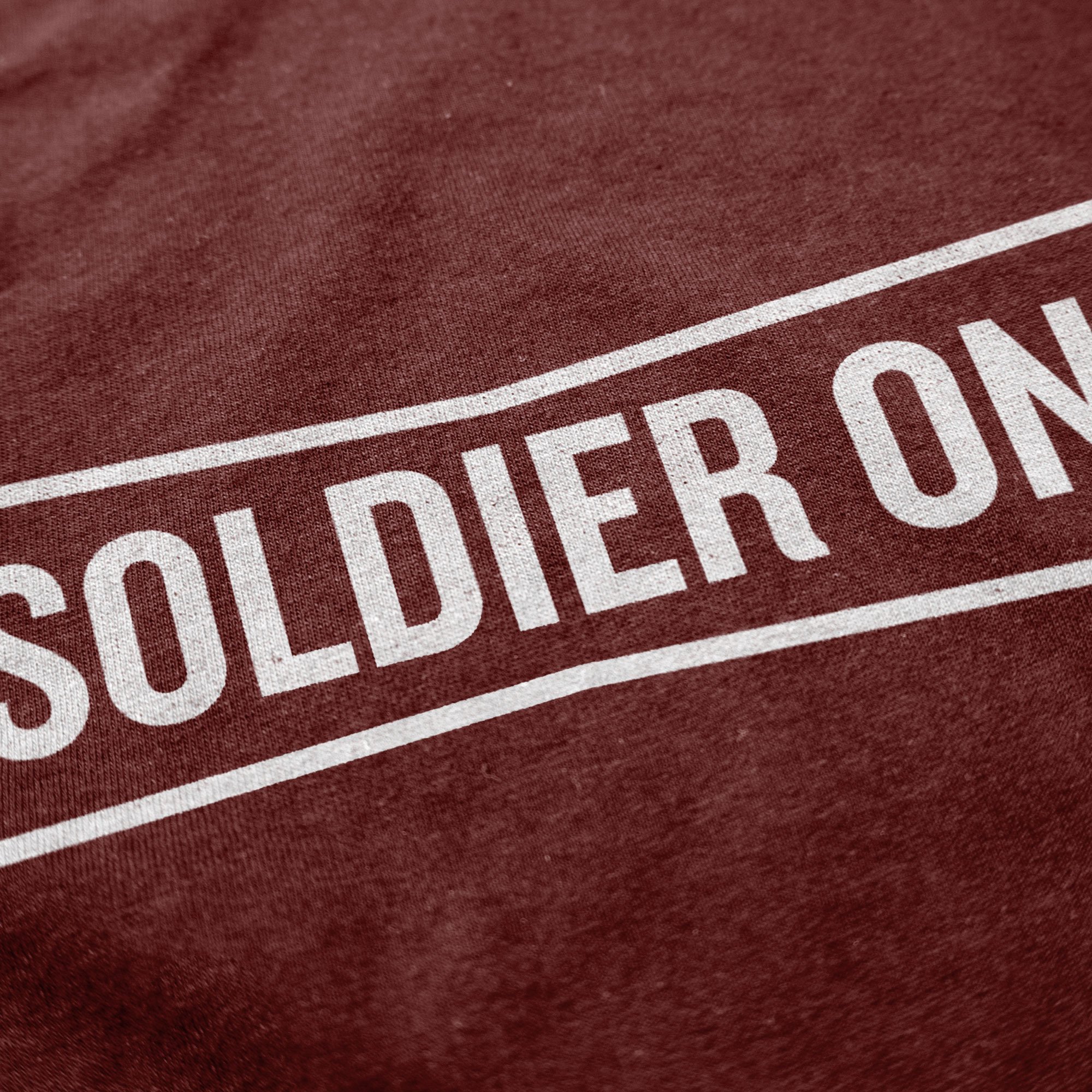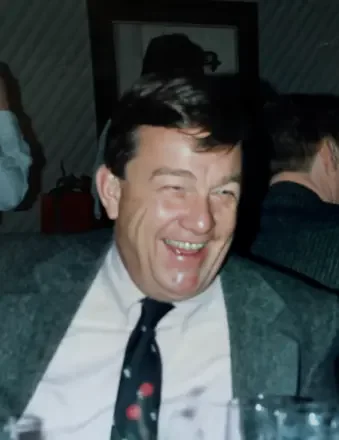
YOUR SERVICE WAS JUST THE FIRST CHAPTER.
WE’RE HERE FOR THE REST.
We are deeply saddened to share that John "Jack" Downing passed away on Saturday, August 9th.
"There is no Soldier On without Jack's passion, vision, wisdom and most importantly caring and loving the men and women that Soldier On has served, and those that work here. The void left will never be filled but more importantly the impact on so many lives will last forever."
Bruce Buckley, CEO & President
CHANGING THE END OF
THE STORY
Join us in the fight against veteran homelessness. Soldier On has been at the forefront since 1994, offering an array of housing and support services to those who've served. Our permanent housing communities provide a pathway of safe stable housing for at-risk veterans. Together, we're rewriting the story for those who've sacrificed for our country.

Need immediate assistance?
If you're a veteran experiencing homelessness or housing instability, we're here to help. Our team provides immediate support and connects you with safe, stable housing options. Click the button below to call our toll free line now to see how we can assist you.

HOW CAN YOU HELP
PLEASE DONATE
Your generous support goes directly to helping combat ending veteran homelessness.

SHOW YOUR SUPPORT
WEAR YOUR IMPACT
Join the mission with official Soldier On merchandise. Your purchase directly supports our housing programs and services for veterans who need them most.

